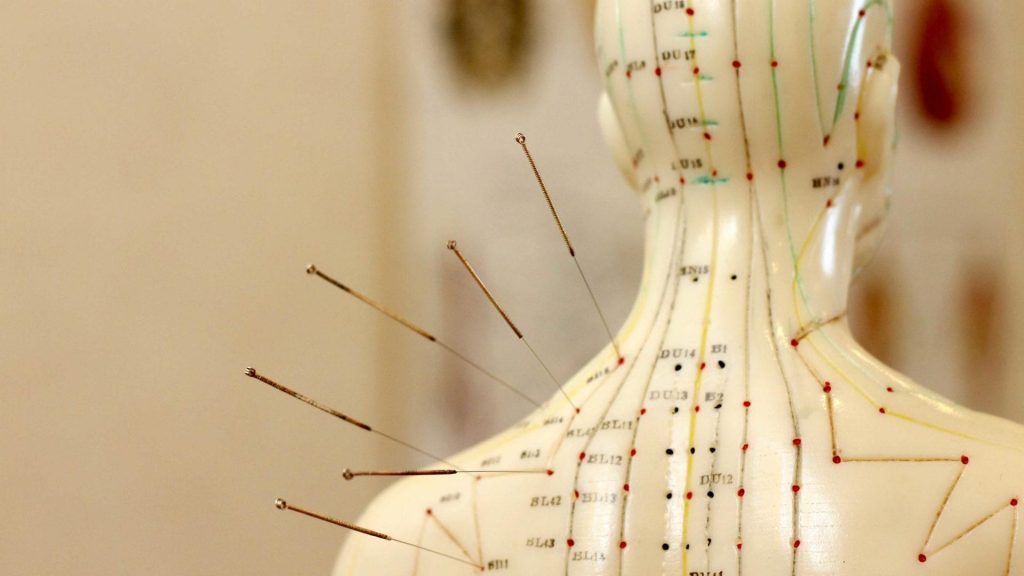What Exactly Is Acupuncture?
Acupuncture is a medical practice that involves inserting tiny, solid, metallic needles into the skin at strategic places on the body, which are subsequently stimulated by the gentle and particular movement of the practitioner’s hands or by electrical stimulation. Acupuncture is a traditional Chinese healing practice that dates back thousands of years. According to the Chinese medical practitioner, the body has 2000 acupuncture sites connected by routes or meridians. These pathways are in charge of the general health of the body. Acupuncture applied to certain spots helps increase energy flow, thereby enhancing general health. According to research and studies, acupuncture is a therapy for many different types of health problems.
The central nervous system is stimulated by Edmonton acupuncture. Chemicals are therefore released into the brain, spinal cord, and muscles. These molecular changes boost physical and mental wellness by stimulating the body’s innate healing capacities.
Acupuncture Can Treat the Following Conditions:
- Nausea
- Dental discomfort
- Addiction
- Headaches
- Cramps during menstruation
- Tennis elbow
- Fibromyalgia
- Myofascial Pain Syndrome
- Osteoarthritis
- Pain in the lower back
- Carpal Tunnel Syndrome (CTS)
- Asthma
- Stroke recovery
Advantages of acupuncture include:
Edmonton acupuncture is a supplemental therapy that can help manage a variety of ailments.
- It can be used in conjunction with other therapies.
- It can effectively aid in managing problems such as chronic pain, migraines, and headaches.
- Acupuncture is safe. It has very few negative side effects.
- It is a flexible type of treatment that may address several health issues simultaneously.
Why Do You Need to See an Acupuncturist?
Sessions of acupuncture in Edmonton can be uncomfortable because small needles are inserted into particular sites on the body. Every acupuncturist has their own style of acupuncture. Your acupuncturist might ask about your symptoms, behavior, and lifestyle to identify the most appropriate acupuncture therapy for your condition. Expect that an examination may also include a focus on:
- The regions of your body that hurt
- Your tongue’s shape, coating, and hue
- The tint of your skin
- The strength, rhythm, and quality of your wrist pulses.
Acupuncture is a highly specialized medical therapy that not everyone is qualified to provide. Speak with your doctor first if you decide to see an acupuncturist so they can recommend a trustworthy professional. Then look for a licensed practitioner with appropriate training and certifications.
Incorrect needle insertion might result in discomfort during therapy. To avoid infection, needles should be sterilized. Acupuncture needles, like other medical devices, are regulated by Health Canada to guarantee best manufacturing practices and single-use sterility requirements. The insertion sites may experience bleeding, bruising, and pain.
- Unsterile needles can cause illness.
- In certain cases, a needle may shatter and cause internal organ damage.
As a result, consulting a qualified and licensed Acupuncturist is critical for safely treating your ailment and providing much-needed respite.
Sessions of Acupuncture in Edmonton typically last 45-60 minutes, though the first appointment is lengthier because of the time required for the acupuncturist to conduct an initial assessment and devise a treatment plan. A typical treatment regimen for a particular condition may require one or two weekly sessions. The severity of your disease determines the number of sessions required. In most cases, 6 to 8 sessions are sufficient and some patients may then elect to have semi-regular maintenance sessions.


